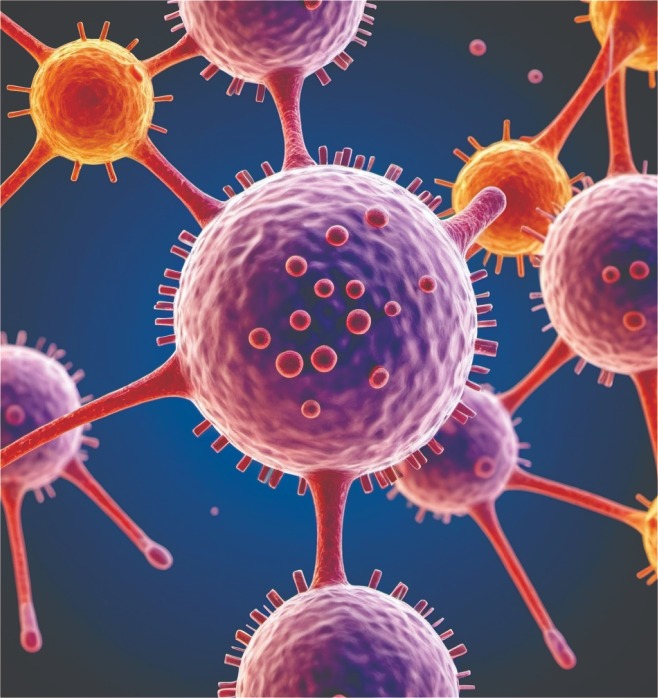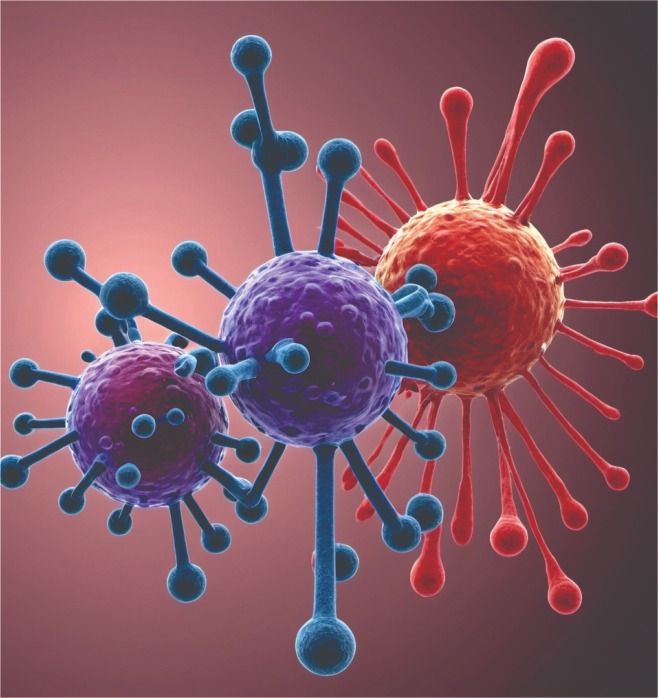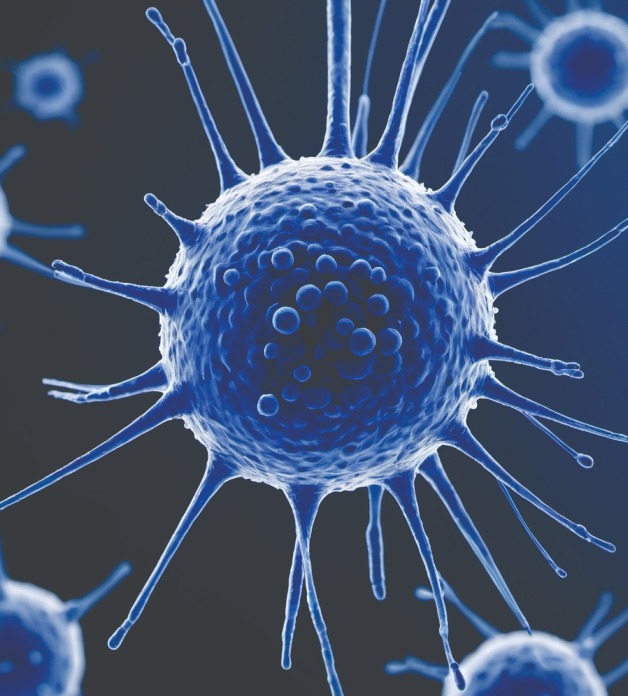| 1 |
Limited Efficacy Against Solid Tumors:
Conventional CAR T cell therapies face challenges in effectively targeting solid tumors due to the tumor microenvironment's protective mechanisms.
|
Enhanced CAR T Cell and CAR-NK Cell Therapies:
By leveraging genetic manipulation, our therapies improve CAR engraftment and cytotoxicity, enabling better targeting of mesothelin-expressing solid tumors. This advancement offers a promising, more effective treatment approach for hard-to-treat cancers.
|
| 2 |
Safety Concerns with Conventional CAR T Cells:
Traditional CAR T cell approaches using lentiviral and plasmid DNA raise safety concerns due to the presence of bacterial elements and antibiotic resistance genes.
|
Minicircle-DNA Vaccine Platform:
The use of minicircle (MC) plasmid DNA eliminates bacterial motifs and antibiotic markers, enhancing the safety and efficiency of CAR therapies. These SB/MC mesothelin-CAR-NK-92MI cells promise safer, faster, and more cost-effective clinical production.
|
| 3 |
Immunosuppressive Tumor Microenvironment:
Factors such as TGF-β and PD-1 in the tumor microenvironment hinder the function of conventional CAR T cell therapies. Shed-mesothelin further interferes with CAR T cell interactions with tumor cells.
|
Next-Generation CAR-Based Therapies:
Our therapies utilize Sleeping Beauty gene transposition and minicircle DNA technologies to overcome these immunosuppressive barriers, enhancing the efficacy and durability of CAR therapies. Genetic modifications ensure that CAR-NK cells are not inhibited by TGF-β, PD-1, or shed mesothelin.
|




